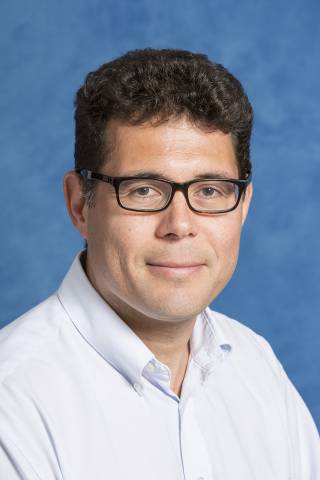In an era of modern healthcare, it is essential that all stakeholders are aware of the foundations of machine learning and the latest trends in this field. This introductory and interactive course will provide you with clear insights regarding the associated challenges and opportunities.
This course is run over one day and will cover the basic aspects of machine learning in healthcare. In association with interactive lecture sessions, a number of practical and group discussions are included to make for a vibrant and engaging course. This serves as an opportunity to explore the concepts in greater depth, raise questions, and enable participants to acquire greater understanding regarding the role of Machine Learning in healthcare to automatically discover new associations and the construction of clinical rules and predictive models.
Learning Objectives
By the end of this course, participants will be able to:
- Outline the requirements for applying ML (machine learning) to healthcare data and assess when their application is warranted
- Describe methods for the selection and extraction of relevant features
- Investigate and define suitable ML-methods for problems in prevention, diagnosis, prognosis, phenotyping, and therapy
- Design effective evaluation frameworks
- Contrast the strengths and weaknesses of various ML-methods
Planned Timetable
| Time | Title of session |
|---|---|
| 09:00 – 09:30 | Registration and coffee |
| 09.30 – 11.00 |
|
| 11.00 – 11.15 | Break |
| 11.15 – 12.45 |
|
| 12.45 – 13.30 | Lunch |
13.30 – 15.00 |
|
| 15.00 – 15.15 | Break |
| 15.15 - 16.00 | Discussion: applied machine learning on health datasets |
| 16.00 - 16.45 | Orange: applied machine learning on health datasets |
Course Team
- Dr Holger Kunz (lead tutor)
- Holger is a Teaching Fellow at the UCL Institute of Health Informatics. He studied informatics at the Institute of Mathematics and Informatics of the Freie University Berlin and received a doctoral degree in medical informatics from Charité University Medicine Berlin – Europe’s largest academic hospital.

He has conducted research in applied machine learning for medical imaging and the treatment of eye tumours. He has also conducted data science research for clinical indicator systems and quality management/dashboards in a hospital setting.
He has presented his research at international conferences in Vancouver, Sydney, Portland, Lyon and Glasgow.
Before joining UCL, he worked at Imperial College London in the School of Public Health in the field of eHealth for health and wellbeing and disease prevention. He is passionate about health informatics and about using methods of informatics/computer science to improve the health of people and populations.
- Dr Dionisio Acosta
- Dionisio received a BSc in Computer Science in 1992 from the Universidad Simón Bolívar (Venezuela) under the direction of Prof. Luis R. Pericci and Dr. Bruno Sanso working on Non-uniform random variate generation using Gibbs Sampling on parallel architectures.

He was awarded a PhD in Biomedical Engineering in 2002 from the University of Sussex (UK), under the supervision of Dr Des Watson and Dr Adrian Thomas working on Statistical classification of magnetic resonance imaging data. Before joining UCL he was a Lecturer in Computer Science at Universidad Simón Bolívar.
Dionisio’s research interests are in applications of statistical pattern recognition, AI argumentation and AI planning to clinical and imaging decision making. He is the Director of the Graduate Programme in Health Informatics at UCL and leads the modules Clinical Knowledge & Decision Making and Electronic Health Records.
He has published work related to decision support for brain tumours using magnetic resonance spectroscopy, decision support in breast cancer using AI argumentation, modelling of clinical pathways as AI decision-theoretic plans, and blood glucose modelling approaches to type I diabetes.
 Close
Close

